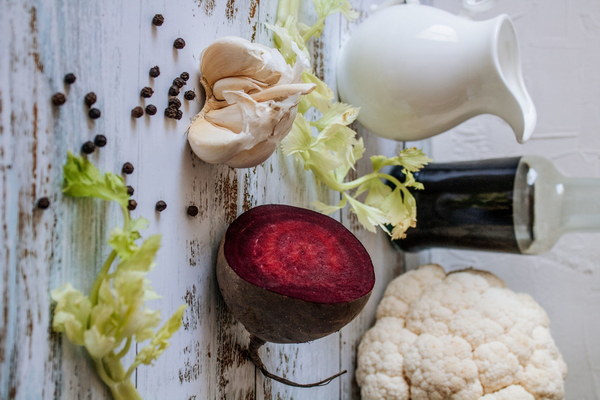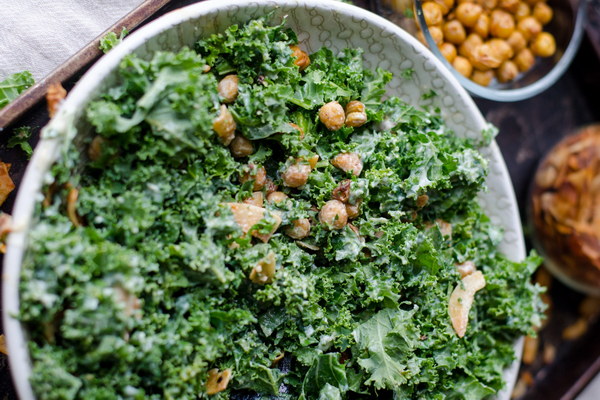Does Jin Jun Mei Tea Nourish the Spleen and Stomach
In the realm of traditional Chinese medicine, the health and well-being of the body are closely linked to the balance and harmony of internal organs. One such organ is the spleen, which plays a vital role in digestion, nutrient absorption, and overall health. As a result, many individuals seek natural remedies to nourish their spleen and stomach. One such remedy gaining popularity is Jin Jun Mei tea, a type of high-quality white tea from China. But does Jin Jun Mei tea truly benefit the spleen and stomach? Let's explore this question further.
Jin Jun Mei, also known as Golden Monkey, is a premium white tea from Fujian Province in China. This tea is renowned for its delicate appearance, with its leaves rolled into small, golden balls. The name Jin Jun Mei translates to Golden Monkey, which is a nod to the unique shape of the tea leaves, resembling the fur of a golden monkey.
According to traditional Chinese medicine, the spleen and stomach are closely connected, and both organs are responsible for digestion and nutrient absorption. When these organs are functioning optimally, the body can efficiently absorb nutrients from food and maintain overall health. However, when the spleen and stomach are imbalanced, individuals may experience symptoms such as bloating, indigestion, and fatigue.
So, can Jin Jun Mei tea help nourish the spleen and stomach? There are several reasons to believe that it can:
1. Rich in antioxidants: Jin Jun Mei tea is rich in antioxidants, which help combat free radicals in the body. Free radicals can damage cells and contribute to various health issues, including digestive problems. By neutralizing free radicals, Jin Jun Mei tea can support the health of the spleen and stomach.

2. Low in caffeine: Jin Jun Mei tea has a lower caffeine content compared to other teas, such as black or green tea. This makes it a suitable option for individuals with sensitive stomachs or those who are caffeine-sensitive. By avoiding the irritation that caffeine can cause, Jin Jun Mei tea can help maintain a healthy digestive system.
3. Aids digestion: The mild flavor and gentle infusion of Jin Jun Mei tea can help stimulate the digestive process. Drinking this tea after meals can support the spleen and stomach in breaking down food and absorbing nutrients.
4. Enhances immune system: A healthy spleen is crucial for a robust immune system. Jin Jun Mei tea's high level of antioxidants can boost the immune system, thereby supporting the spleen's function.
5. Promotes relaxation: Stress and anxiety can negatively impact the spleen and stomach, leading to digestive issues. The calming properties of Jin Jun Mei tea can help reduce stress and promote relaxation, which is beneficial for the overall health of these organs.
While there is limited scientific research specifically on the effects of Jin Jun Mei tea on the spleen and stomach, many people have reported positive experiences after incorporating this tea into their daily routine. It is essential to note that individual responses to Jin Jun Mei tea may vary, and it is always advisable to consult a healthcare professional before making significant changes to your diet or health regimen.
In conclusion, Jin Jun Mei tea may offer several benefits for the spleen and stomach, based on its properties and traditional Chinese medicine principles. If you are interested in trying this tea to support your digestive health, consider incorporating it into your daily routine and monitor any changes in your well-being. Remember, the key to a healthy lifestyle lies in balance and moderation.









